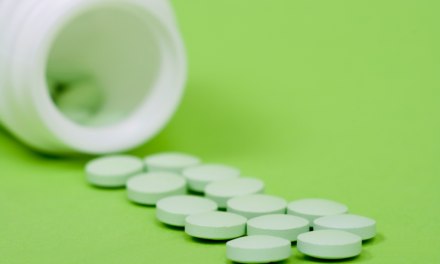I imagine everyone knows that the Russians are the world’s great vodka drinkers. They’re proud of it. Boastful, even.
I got a first-hand look at a conference in Canada where I’d been invited to dinner with a group of five Russian trade unionists. Over the course of the meal and the conversation that followed (about three hours total), each of my companions put away perhaps half a bottle of vodka. I kept waiting for them to fall asleep, heads on the table, or possibly collapse to the floor. It never happened. They grew progressively louder and more jovial.
Eventually they staggered off to bed. And surprised me again by arriving in the breakfast line, in remarkably good spirits, the following morning.
Vodka has long been the preferred drink of the truly hardcore drinkers who show up in hospital detox wards. They cite two common reasons for their preference. First, they believe vodka leaves no telltale odor on the breath. Second, they’re convinced a vodka hangover is milder than other kinds.
When it comes to the hangover, they have a point. Clear alcoholic drinks produce fewer unpleasant aftereffects than the competition. That’s because unlike (for example) Scotch whiskey, vodka hasn’t spent several years in a sealed wooden cask that once held sherry, port, or bourbon. It’s that process that produces the whiskey’s characteristic flavor and hue, and also appears to augment the hangover effect.
Vodka, on the other hand, is essentially nothing but alcohol and water. Filtered or flavored, sure, but ridiculously easy to produce in quantity. Cheap, too. “What’s the difference between a $20 bottle and a $5 bottle of vodka?” goes the joke. “Fifteen dollars.”
Recently I came across a fascinating history of vodka in Russia, on the Politico website. It’s a long read but worth the effort. The link:
Russia Has a Vodka Addiction. So Does Vladimir Putin – But Not the Same Way.
We Americans tend to view the Russian economy as dependent on oil and gas, which it is, but the third leg of the economic stool is vodka. The government controls production and distribution through a giant conglomerate, and no less than Vladimir Putin is a direct beneficiary.
And they’re very protective of the revenue stream. The article mentions a government campaign to suppress sales of beer. The ads claimed that vodka, contrary to common sense, was actually the ‘safer’ alternative to beer drinking.
It isn’t, of course. But the reasons for pretending that it is are very real. Vodka is far and away the most profitable of alcoholic beverages.
Naturally there are consequences to this obsession. Public health is a pipe dream when, as happened in the 1990’s, a typical adult male Russian consumed an estimated one hundred and eighty bottles of vodka annually. That’s close to twice what the World Health Organization considers ‘dangerous’. During the period, male life expectancy, we’re told, plummeted below 60 years.
That was too much for even the greediest of Russian oligarchs. The government has been trying to rein in consumption in recent years.
And as I understand it, mostly failing. I’m not sure how disappointed they are, either.













